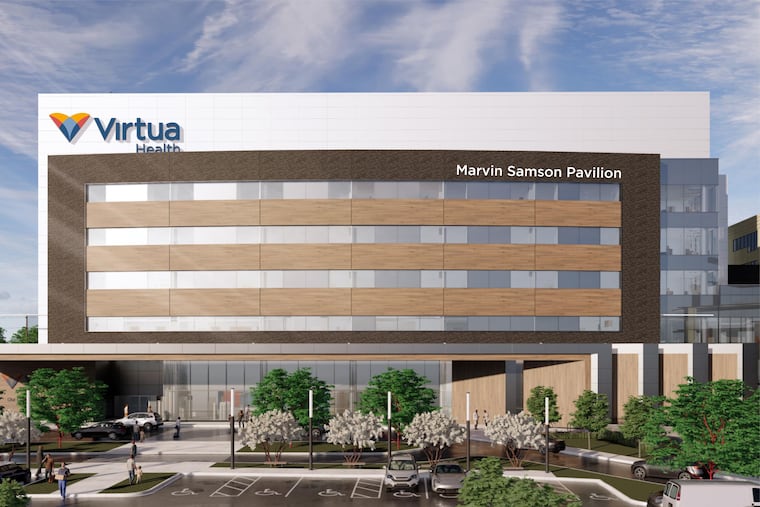Southeastern Pennsylvania can boost its economy through collaboration and teamwork among local communities.
Recent findings from a Brookings Institution report underscore a pressing challenge facing Southeastern Pennsylvania: the region’s economic potential remains largely untapped due to a fragmented approach in fostering business development and job creation. For the Philadelphia metropolitan area to realize its full economic capacity, stakeholders must prioritize collaboration and create equitable job opportunities for local residents.
The report reveals that among the 50 largest metropolitan regions in the United States, Philadelphia ranked lowest in upward mobility for workers. If the area’s growth trajectory paralleled that of peer cities such as Boston and Atlanta, it could have added approximately 188,000 jobs between 2013 and 2023. This figure includes around 70,000 high-opportunity positions linked to the national and global economy, according to the analysis. However, Southeastern Pennsylvania only saw an increase of about 382,000 jobs during the decade in question, highlighting a persistent shortfall in economic development.
A critical aspect of this shortfall lies in the regional economy’s heavy reliance on “non-tradeable” jobs, which serve local markets rather than engaging with the broader national or international economy. Consequently, the area’s workforce is predominantly employed in industries such as healthcare and hospitality, leading to a job landscape that resembles a service-oriented economy rather than one characterized by high productivity and innovation. This dependency restricts income levels for both city residents and those in surrounding counties, resulting in an economic stagnation that need not persist.
According to Brookings, Southeastern Pennsylvania possesses three significant sectors with high potential for growth: enterprise digital solutions, specialized manufacturing, and life sciences. The prospect for expansion in these industries, particularly in life sciences where the region holds a competitive advantage in gene therapy, stands as a pivotal opportunity for economic enhancement.
To capitalize on these promising sectors, regional collaboration is vital. The fragmented efforts of various counties will not yield the collective progress needed to foster sustainable economic growth. Current economic strategies are often misaligned with the needs of Southeastern Pennsylvania, as evidenced by policymakers in Harrisburg prioritizing agriculture and energy industries that hold little relevance for the region.
The recent findings have catalyzed a call to action for local economic stakeholders to unite their efforts across both public and private sectors. The establishment of the Southeastern Pennsylvania Economic Collaborative, supported by Brookings, the Pew Charitable Trusts, and the Chamber of Commerce, aims to develop a cohesive economic and workforce strategy. This initiative seeks to bolster entrepreneurship and attract investment in Greater Philadelphia, harnessing the region’s considerable population and resources.
For Southeastern Pennsylvania to realize its economic promise, the urgency for a unified approach to workforce development and strategic planning has never been more critical. Political will and collaborative action will be essential in steering this economically vital region toward a prosperous future. As the report highlights, the path to improved economic mobility and job growth for local residents requires not only a re-evaluation of current strategies but also a commitment to growth-oriented collaboration.
Media News Source







